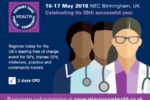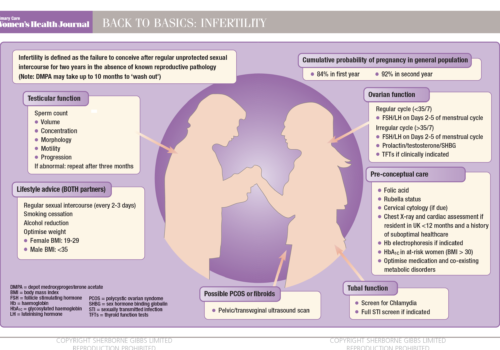Although there is a natural fall in fertility with age, women still need reliable contraception to avoid unintended pregnancies during the perimenopause. No contraceptive method is contraindicated by age alone, but women must be individually assessed, based on the risks and benefits of each method.



























